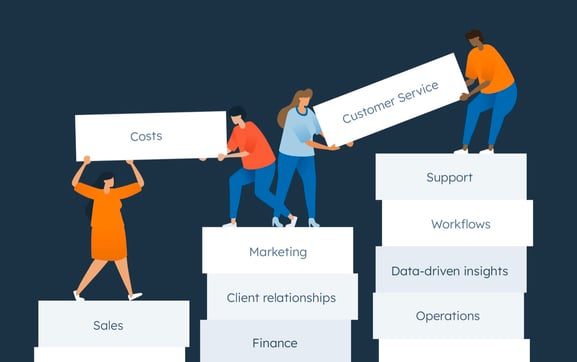As the digital landscape continues to evolve, electronic waste (e-waste) is becoming an increasingly pressing environmental challenge. With advancements in technology and growing awareness of sustainability, the future of electronic recycling is set to experience significant transformations. In this blog, we’ll explore the key trends and innovations shaping the future of e-waste management and how these developments promise to enhance the effectiveness of recycling efforts.
1. Increased Focus on E-Waste Legislation and Policies
Governments and organizations worldwide are recognizing the urgent need for comprehensive e-waste management policies. Future trends will likely see more stringent regulations aimed at reducing e-waste and ensuring proper recycling practices.
Key Developments:
- Extended Producer Responsibility (EPR): Legislation requiring manufacturers to take responsibility for the entire lifecycle of their products, including end-of-life recycling.
- Global Standards: The adoption of international standards for e-waste recycling to ensure consistency and effectiveness across borders.
Why It Matters: Effective legislation and policies will drive improvements in e-waste recycling practices, encouraging responsible disposal and minimizing environmental impact.
2. Advancements in Recycling Technology
Innovative technologies are transforming the recycling process, making it more efficient and effective. These advancements focus on improving the recovery of valuable materials and the safe disposal of hazardous substances.
Emerging Technologies:
- Automated Sorting Systems: Use of robotics and artificial intelligence to improve the accuracy and efficiency of sorting e-waste.
- Advanced Material Recovery: Development of new methods for extracting precious metals and rare earth elements from electronic devices.
Why It Matters: These technological advancements will enhance recycling processes, leading to higher material recovery rates and reduced environmental impact.
3. Circular Economy Integration
The concept of a circular economy, which emphasizes the reuse and recycling of materials, is gaining traction in the electronic recycling industry. This approach aims to create a closed-loop system where electronic products are continually recycled and repurposed.
Circular Economy Practices:
- Design for Recycling: Encouraging manufacturers to design products with recycling in mind, using materials that are easier to disassemble and process.
- Product Take-Back Programs: Initiatives that facilitate the return of old electronics to manufacturers for recycling or refurbishment.
Why It Matters: Integrating circular economy principles into electronic recycling helps reduce waste, conserve resources, and minimize environmental impact.
4. Growing Role of Consumer Awareness and Participation
As consumers become more environmentally conscious, their participation in e-waste recycling efforts is expected to increase. Educating the public about the importance of recycling and providing accessible recycling options will be crucial for future success.
Consumer Trends:
- Increased Awareness Campaigns: Efforts to educate consumers about the environmental impact of e-waste and the benefits of recycling.
- Convenient Recycling Options: Expansion of collection points and recycling programs to make it easier for consumers to dispose of their old electronics responsibly.
Why It Matters: Enhanced consumer participation will drive higher recycling rates and contribute to more effective e-waste management.
5. Take Action Today
The future of electronic recycling holds exciting possibilities, with advancements in technology, legislation, and consumer engagement paving the way for more effective and sustainable e-waste management. By staying informed about these trends and actively participating in recycling efforts, you can contribute to a greener future.
Ready to play your part in the future of electronic recycling? Contact eCycle Florida today to learn more about our innovative e-waste recycling solutions. Our team is committed to advancing recycling practices and ensuring that your old electronics are processed responsibly. Reach out now to schedule your e-waste pickup or drop-off and be part of the recycling revolution!
This post was written by Steven Elia Co-Founder and Recycling Director at eCycle Florida. eCycle Florida is a R2 Certified electronics recycling company in the state of Florida. Our processes and procedures are dedicated to the proper destruction and recycling of your electronics. eCycle Florida is your go-to for electronic recycling in Tampa.





More Stories
Top 9 Advantages of Partnering with a Modern IT Services & Content Solutions Provider
Unlocking Growth: The Power of a Revops agency
How Startups Can Leverage a Research Marketplace for Rapid Growth